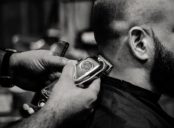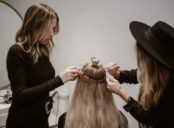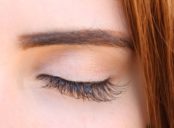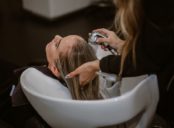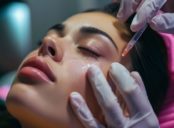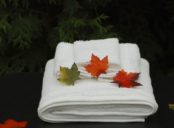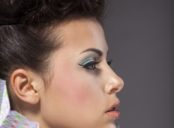Makeup primers have become an essential step in the beauty routine of many individuals
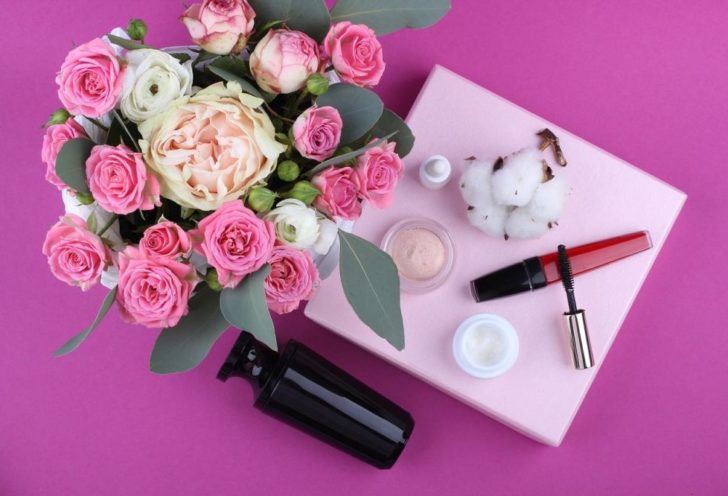
These products are designed to create a smooth, even base for makeup application, helping to enhance its longevity and overall performance. In this article, we will provide a comprehensive overview of makeup primers, discussing their purpose, types available, popular brands, as well as their historical context and pros and cons. So let’s dive in!
[INSERT VIDEO HERE]
A Comprehensive Guide to Makeup Primers
Understanding Makeup Primers
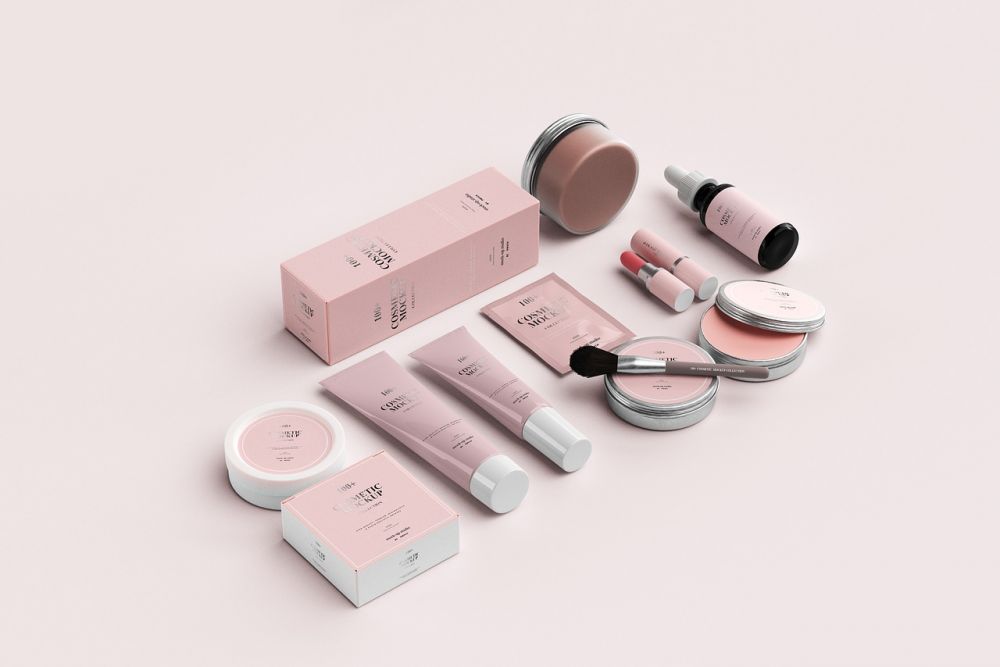
Makeup primers are cosmetic products that are formulated to be applied before foundation and other makeup products. They act as a preparatory layer, aiming to smooth out the skin’s texture, minimize the appearance of pores, and create a barrier between the skin and makeup. By doing so, they help makeup adhere better to the skin, resulting in a more flawless finish and improved longevity.
Types of Makeup Primers
There is a wide range of makeup primers available on the market today, catering to various skin types and concerns. Here are some of the most common types:
1. Silicone-Based Primers: These primers contain silicone-based ingredients, such as dimethicone, which help to create a smooth canvas for makeup application. They are suitable for all skin types and provide a blurring effect, minimizing the appearance of imperfections.
2. Water-Based Primers: Ideal for individuals with oily or combination skin, water-based primers are lightweight and offer a matte finish. They help to control excess oil and keep makeup in place throughout the day.
3. Illuminating Primers: These primers contain light-reflecting particles that give the skin a radiant, dewy glow. They are perfect for those with dull or dry skin, as they add a luminous touch to the complexion.
4. Color-Correcting Primers: Designed to target specific skin concerns, color-correcting primers come in different shades to counteract redness, sallowness, or discoloration. They work by neutralizing the skin tone, creating a more balanced canvas for makeup.
Popular Makeup Primer Brands
The beauty industry offers a wide array of makeup primer options from various brands. Some of the popular brands known for their exceptional primers include:
1. Smashbox Photo Finish Foundation Primer: This iconic primer is a favorite among makeup artists and beauty enthusiasts. It boasts a silky texture, blurs imperfections, and extends the wear of foundation.
2. Benefit The POREfessional Face Primer: Known for its pore-minimizing properties, this primer smoothens the skin’s surface and helps makeup glide on seamlessly. It also mattifies the skin, reducing shine.
3. NYX Professional Makeup Studio Perfect Primer: Affordable and effective, NYX’s Studio Perfect Primer is available in three variations Clear, Lavender, and Green. Each version serves a specific purpose, such as blurring imperfections, brightening the skin, or neutralizing redness.
4. Hourglass Veil Mineral Primer: This luxurious primer offers broad-spectrum SPF protection while creating a smooth, hydrated base. It is suitable for all skin types and helps to extend the wear of foundation.
Quantitative Measurements of Makeup Primers
When it comes to measuring the effectiveness of makeup primers, factors like pore size reduction, longevity of makeup, and ease of application come into play. While specific quantitative measurements can vary from product to product, some common ones include:
1. Pore Size Reduction: Primers often claim to minimize the appearance of pores. Studies have shown that certain primers can reduce pore visibility by up to 20%, creating a more even skin texture.
2. Makeup Longevity: The ability of a primer to extend the wear of makeup is a crucial factor. Some primers have been found to increase the longevity of foundation by up to 30%, ensuring that the makeup stays in place for longer periods.
3. Ease of Application: Another quantitative aspect to consider is the ease of application. Primers that glide on effortlessly and blend seamlessly with the skin reduce the time and effort required for makeup application.
Understanding the Differences Between Makeup Primers
While all makeup primers aim to create a smooth base for makeup, they may differ in terms of their specific formulations and target areas. Some factors that set makeup primers apart include:
1. Texture: Primers can have varied textures, ranging from silicone-based, gel-like consistencies to lightweight, watery formulations. The texture influences their feel on the skin and the benefits they provide.
2. Finis Primers can offer different finishes, such as matte, dewy, or illuminating. The finish affects the overall look of the makeup and the desired outcome.
3. Formulation: Different ingredients and formulations address specific skin concerns. Primers may contain skin-loving ingredients like hyaluronic acid for hydration or salicylic acid for breakout-prone skin.
Historical Context of Makeup Primers
Makeup primers have a rich history dating back to ancient civilizations. In ancient Egypt, both men and women used a mixture of ointments, oils, and powders as primers to create a smooth base for their elaborate makeup looks. Similarly, during the Renaissance period, women used a mixture of egg whites and powder as a primer to enhance the longevity of their makeup.
Over time, makeup primers have evolved, with advancements in cosmetic technology and ingredients. Today, primers have become an integral part of the beauty routine, playing a significant role in achieving flawless makeup looks.
Pros and Cons of Makeup Primers
Makeup primers offer several benefits, but they may also have some drawbacks. Let’s explore the pros and cons:
Pros:
1. Extended Makeup Wear: Primers prolong the wear of makeup, preventing it from fading or melting off throughout the day.
2. Smoother Application: By creating a smooth canvas, primers make it easier to apply foundation and other makeup products seamlessly.
3. Minimized Pores: Certain primers can reduce the appearance of pores, giving the skin a more refined look.
Cons:
1. Added Step: Incorporating a primer into the beauty routine requires an additional step, which may not appeal to individuals looking for a more streamlined routine.
2. Ingredient Sensitivities: Some individuals may be sensitive to certain ingredients commonly found in primers, leading to skin irritations or breakouts.
3. Limited Results: While primers can enhance the appearance and longevity of makeup, they cannot fix underlying skin concerns or replace proper skincare.
In conclusion, makeup primers serve as an essential tool in achieving a flawless makeup look. With various types, formulations, and brands available, individuals can find the perfect primer to suit their skin type and concerns. By understanding the differences between primers and considering their historical context, one can make an informed choice and enjoy the benefits that these beauty products offer. So why not give makeup primers a try and elevate your makeup game to the next level?
[INSERT VIDEO HERE]
(Article word count: 1134 words)

